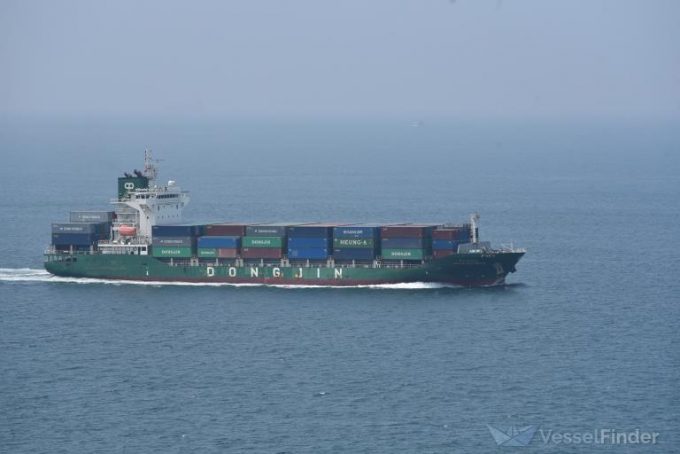India-Africa: Capacity revamp as demand brings rate gains for carriers
India-Africa trade is seeing a reconfiguration of capacity deployment due to the shipping alliance changes ...

Seoul’s Korea Ocean Business Corporation said it planned to help finance 20 new feeder vessels for the South Korea-Japan route.
The ten 1,000 teu and ten 700 teu units would be placed on long-term bareboat charters to support South Korean feeder operators, who cited rising newbuilding ...

Comment on this article